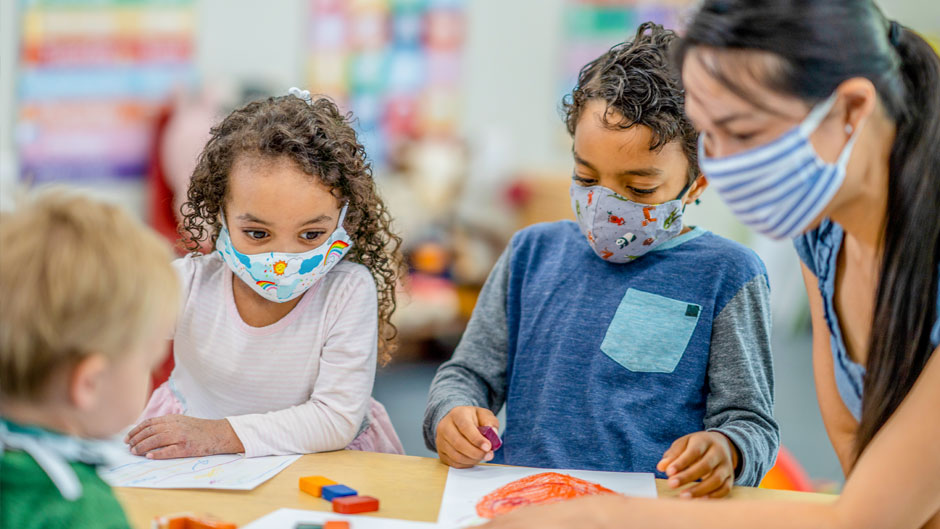Face masks have become an important tool to protect yourself and others from COVID-19 infection and limit its spread. Under the CDC’s leadership, the public has relaxed some of their recommendations on COVID-19 precautions.
There is now a vaccine against COVID-19 for everyone aged 5 and over. But for children as young as 2 who are too young to get vaccinated and for people with special health needs, wearing a mask under certain conditions can still help protect them or their family members from contracting COVID. You can also have a peek at https://www.planethalohealth.com/products/small-kids-nordiwell-medical-disposable-face-mask-astm-level-3-510k to buy astm level 3 kid face mask.

Image Source: Google
If you’re worried about covering kids’ faces, here are some of the most common questions and what science has to say.
Are there any advantages to wearing a mask at school?
Yes. According to experts, children and adolescents can transmit the SARS-CoV-2 virus to other people, including parents, grandparents, and teachers, even if they have no symptoms or mild reactions. Wearing a mask that covers your nose and mouth indoors can reduce the coronavirus infection rate to less than 1% if everyone wears a mask.
Can they make it harder to breathe oxygen?
No. Although some parents are concerned that wearing a mask for hours on end can lead to low blood oxygen levels, there is no need to worry. The mask is made of a material that allows a healthy flow of oxygen while your child breathes.
The ability to concentrate is also not affected. Almost all children from the age of 2, even those with certain medical conditions, can safely wear a mask at school or in daycare for a longer time.